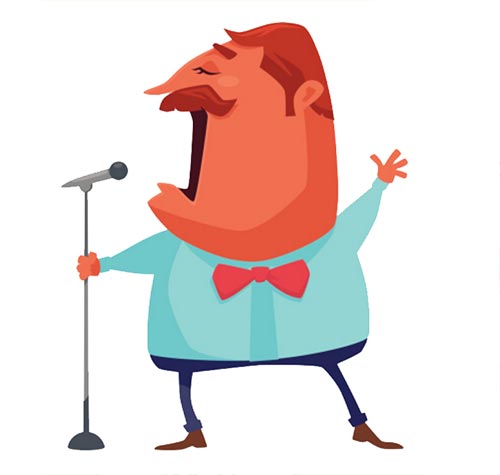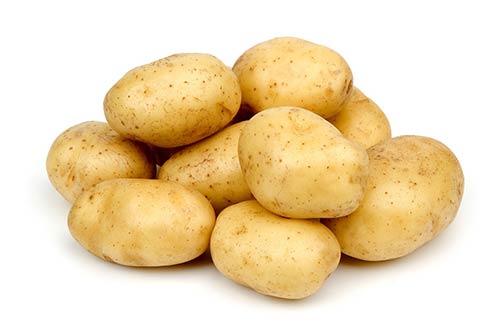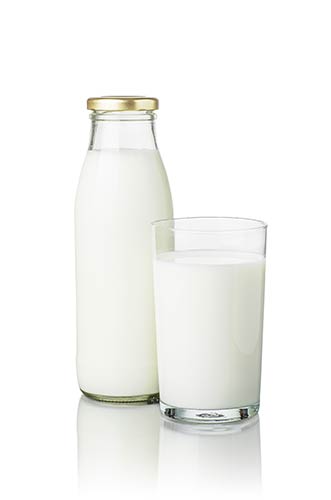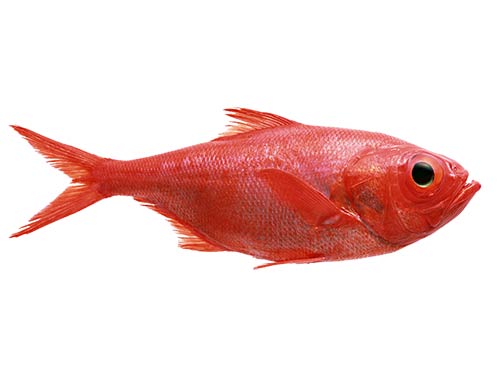sing
To produce a musical sound with your voice

آواز خواندن
The birds were singing outside my window.
پرندگان بیرون پنجره ی من آواز می خواندند.
To produce a musical sound with your voice

آواز خواندن
The birds were singing outside my window
پرندگان بیرون پنجره ی من آواز می خواندند.
Oxford Essential Dictionary
sing
verb (sings, singing, sang /, has sung )
to make music with your voice:
She sang a song.
The birds were singing.
Longman Dictionary of Contemporary English
sing
sing S1 W2 /sɪŋ/ BrE AmE verb (past tense sang /sæŋ/, past participle sung /sʌŋ/)
[Word Family: noun: ↑singer, ↑singing; verb: ↑sing; adjective: ↑unsung]
[Language: Old English; Origin: singan]
1. WITH YOUR VOICE [intransitive and transitive] to produce a musical sound with your voice:
She can sing beautifully.
Most children enjoy singing.
We had a great time singing some of the old songs.
sing to
My mother used to sing to me when I was young.
He was singing to himself quietly.
sing somebody something
Come on, sing us a song!
I’ve never been able to sing in tune (=sing the correct notes).
She patiently sang the baby to sleep. ⇨ ↑singing
2. BIRDS [intransitive] if birds sing, they produce high musical sounds:
I could hear the birds singing outside my window.
3. HIGH NOISE [intransitive always + adverb/preposition] to make a high whistling sound:
A kettle was singing on the stove.
sing past
A bullet sang past my ear.
4. sing sb’s praises to praise someone very much:
Mrs Edwards was singing your praises today.
5. sing a different tune to say something different from what you said before:
You’re singing a different tune now!
6. be singing from the same hymn sheet/book used to say that a group of people all have the same aims or all express the same opinion on a particular subject:
Union representatives are all singing from the same hymn sheet on the issue of pay.
7. GIVE INFORMATION [intransitive] informal to tell people everything you know about a crime when they ask you questions about it – used especially by criminals and the police:
I think he’ll sing.
sing along phrasal verb
to sing with someone else who is already singing:
Sing along if you know the words.
sing along to
Jess was singing along to the radio.
sing out phrasal verb
1. sing out (something) to shout or sing some words clearly and loudly:
‘Freeze!’ a shrill voice sang out.
2. American English to sing loudly so that people can hear you easily
sing up phrasal verb British English
to sing more loudly:
Sing up, boys, I can’t hear you!
Oxford Advanced Learner's Dictionary
sing
▪ I. sing [sing sings sang singing sung] [sɪŋ] [sɪŋ] verb (sang [sæŋ] ; [sæŋ] , sung [sʌŋ] ; [sʌŋ] )
1. intransitive, transitive to make musical sounds with your voice in the form of a song or tune
• She usually sings in the shower.
• I just can't sing in tune!
• He was dancing around and singing at the top of his voice (= very loudly).
• ~ to sb He was singing softly to the baby.
• ~ sth to sb We all sang ‘Happy Birthday’ to her.
• Will you sing a song to us?
• ~ sb sth Will you sing us a song?
• ~ sth Now I'd like to sing a song by the Beatles.
• ~ sb to sleep She sang the baby to sleep (= sang until the baby went to sleep).
2. intransitive (of birds) to make high musical sounds
• The birds were singing outside my window.
3. intransitive (+ adv./prep.) to make a high ringing sound like a whistle
• Bullets sang past my ears.
• She felt faint and the blood was singing in her head.
• The kettle was singing away on the stove.
more at it's not over until the fat lady sings at fat adj.
Idioms: sing a different tune ▪ sing from the same hymn sheet
Derived: sing along ▪ sing of something ▪ sing out ▪ sing up
See also: sing out
Word Origin:
Old English singan (verb), of Germanic origin; related to Dutch zingen and German singen.
Thesaurus:
sing verb I, T
• Sing us a song.
chant • • hum • • whistle •
sing/chant/whistle at sb/sth
sing/whistle to sb/sth
sing/hum/whistle a song/tune
Collocations:
Music
Listening
listen to/enjoy/love/be into music/classical music/jazz/pop/hip-hop, etc.
listen to the radio/an MP3 player/a CD
put on/play a CD/a song/some music
turn down/up the music/radio/volume/bass
go to a concert/festival/gig/performance/recital
copy/burn/rip music/a CD/a DVD
download music/an album/a song/a demo/a video
Playing
play a musical instrument/the piano/percussion/a note/a riff/the melody/a concerto/a duet/by ear
sing an anthem/a ballad/a solo/an aria/the blues/in a choir/soprano/alto/tenor/bass/out of tune
hum a tune/a theme tune/a lullaby
accompany a singer/choir
strum a chord/guitar
Performing
form/start/get together/join/quit/leave a band
give a performance/concert/recital
do a concert/recital/gig
play a concert/gig/festival/venue
perform (BrE) at/in a concert/(especially NAmE) a concert
appear at a festival/live
go on/embark on a (world) tour
Recording
write/compose music/a ballad/a melody/a tune/a song/a theme song/an opera/a symphony
land/get/sign a record deal
be signed to/be dropped by a record company
record/release/put out an album/a single/a CD
be top of/top the charts
get to/go straight to/go straight in at/enter the charts at number one
Example Bank:
• Have you ever heard the band sing live?
• He was singing quietly to himself.
• Her mother sang her to sleep.
• I can't sing very well.
• Shall I sing to you?
• She could sing a bit and agreed to take part in the show.
• The birds sang louder than ever.
• The lyrics were sung to the tune of the Beatles' ‘Eleanor Rigby’.
• Unfortunately, he was singing out of tune.
• We played and sang together.
• boy bands singing about love
• He was dancing around and singing at the top of his voice.
• I just can't sing in tune!
• Now I'd like to sing a song by the Beatles.
• She sang the baby to sleep.
Cambridge Advanced Learner's Dictionary
Cambridge Advanced Learner's Dictionary - 4th Edition
sing / sɪŋ / verb [ I or T ] ( sang , sung ) (MAKE MUSIC)
A1 to make musical sounds with the voice, usually a tune with words:
The children sang two songs by Schubert at the school concert.
We were woken early by the sound of the birds singing.
Your grandmother would like you to sing for/to her.
[ + two objects ] Will you sing us a song/sing a song to us?
She sang her baby to sleep every night.
Pavarotti is singing Rodolfo (= singing the part of Rodolfo) in "La Bohème" at La Scala this week.
Please sing up ( US out ) (= sing louder) .
singing / sɪŋ.ɪŋ / noun [ U ]
© Cambridge University Press 2013
Collins COBUILD Advanced Learner’s English Dictionary
sing
/sɪŋ/
(sings, singing, sang, sung)
Frequency: The word is one of the 1500 most common words in English.
1.
When you sing, you make musical sounds with your voice, usually producing words that fit a tune.
I can’t sing...
I sing about love most of the time...
They were all singing the same song...
Go on, then, sing us a song!...
‘You’re getting to be a habit with me,’ sang Eddie.
VERB: V, V about n, V n, V n n, V with quote
2.
When birds or insects sing, they make pleasant high-pitched sounds.
Birds were already singing in the garden.
VERB: V
Merriam-Webster's Advanced Learner's Dictionary
sing
sing /ˈsɪŋ/ verb sings; sang /ˈsæŋ/ or sung /ˈsʌŋ/; sung; sing·ing
1 : to use your voice to make musical sounds in the form of a song or tune
[no obj]
• She sings in the choir.
• The children danced and sang.
• She sings beautifully.
• He sang softly to the baby.
• She's a great actress, and she can dance and sing, too.
[+ obj]
• We all stood and sang the national anthem.
• He sang a tune to us. = He sang us a tune.
• I can't sing the high notes.
• She sang the baby to sleep. [=she sang to the baby until it fell asleep]
2 [no obj] : to make pleasant sounds that sound like music
• Do you hear the birds singing?
3 [no obj] : to make a high-pitched whistling sound
• The kettle sang on the stove.
• The bullet sang past his helmet.
sing a different tune
- see 1tune
sing along [phrasal verb] : to sing a song together with someone who is already singing or with a recording of the song
• If you know the words, sing along (with us).
• He loves to sing along with the radio.
- see also sing-along
sing of [phrasal verb] sing of (someone or something) literary + old-fashioned : to speak or write about (someone or something) especially with enthusiasm
• The poet sang of knights and medieval times.
sing out [phrasal verb] sing out or sing out (something) or sing (something) out
1 : to say or shout something loudly
• If you need any help, just sing out.
• The children sang out [=cried out] “good morning” to the teacher.
• The crowd sang out insults.
2 : to sing something loudly
• The singer stopped and the crowd sang out the rest of the chorus.
sing someone's/something's praises or sing the praises of someone/something : to say good things about someone or something
• His patients all sing his praises.
• They were singing the praises of their new equipment.
- singing noun [noncount]
• What beautiful singing.
• folk singing
• There was singing and dancing all night long.
- singing adj
• She has a wonderful singing voice.
• His singing career is ruined.










